
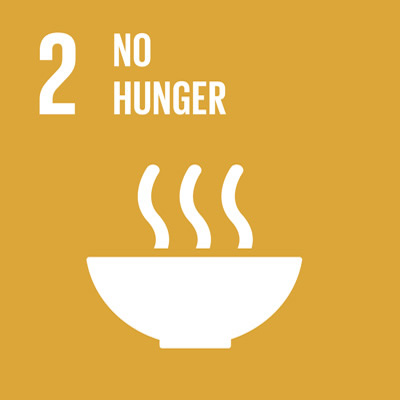
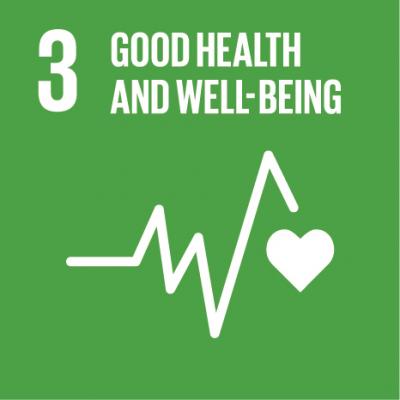
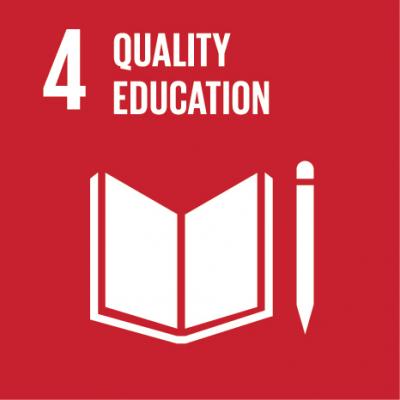
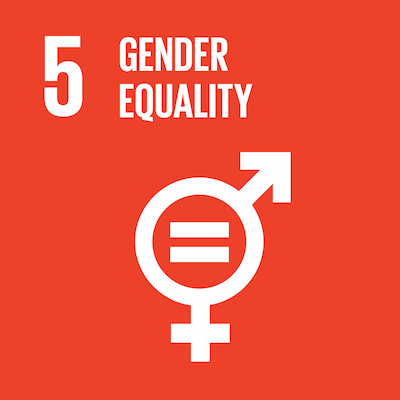
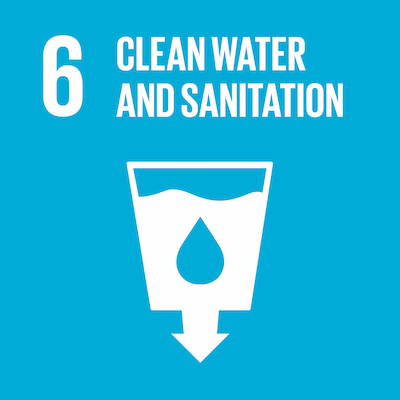
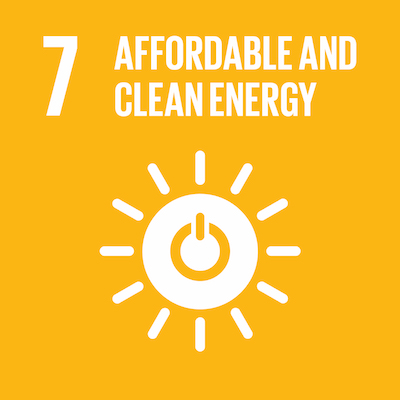
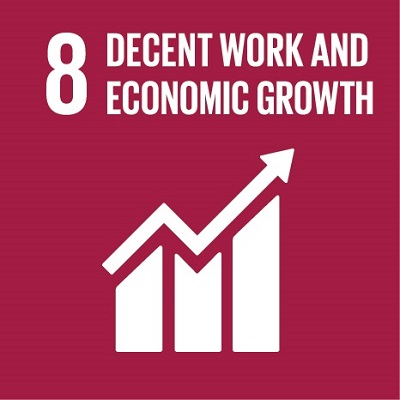
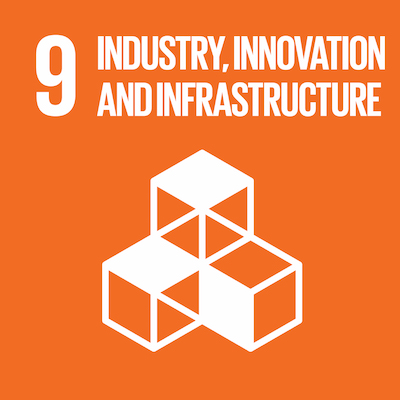
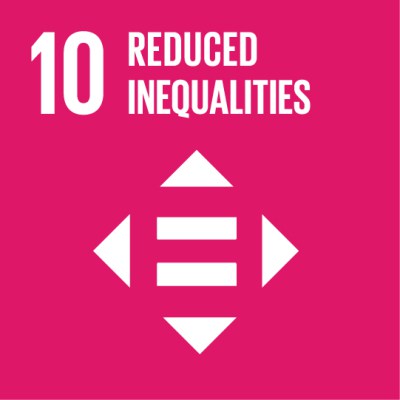
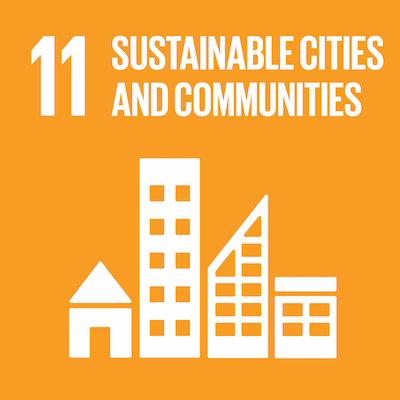
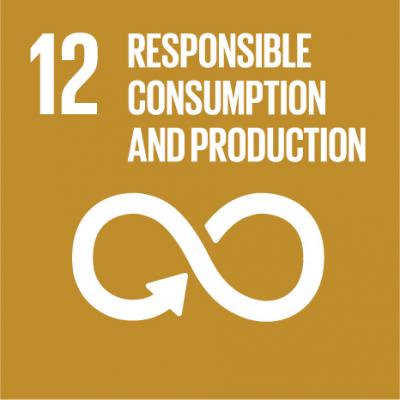
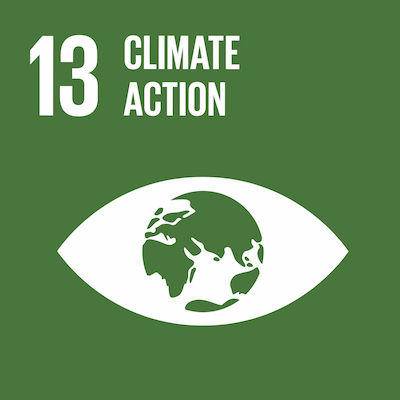
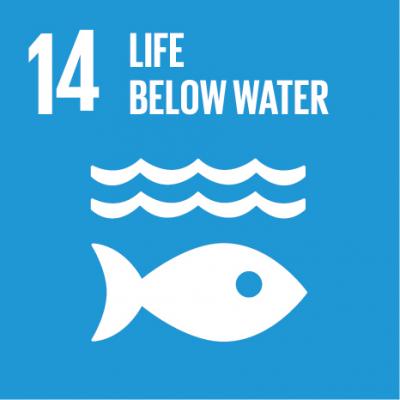
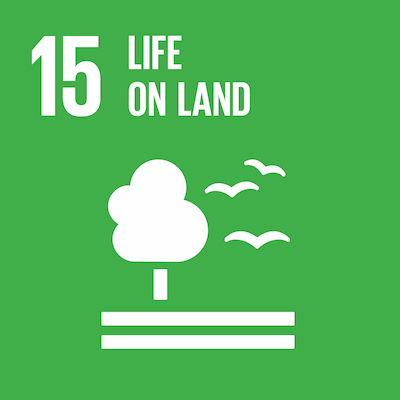
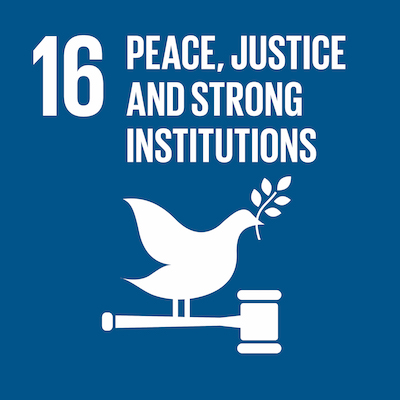
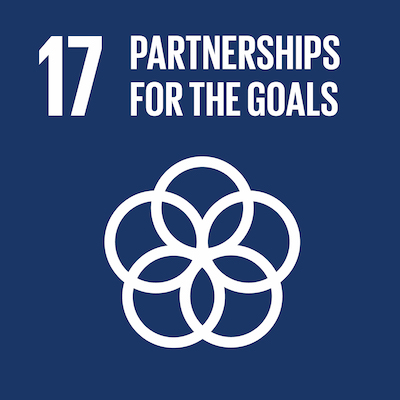
Affordable and Clean Energy: Powering Sustainable Development
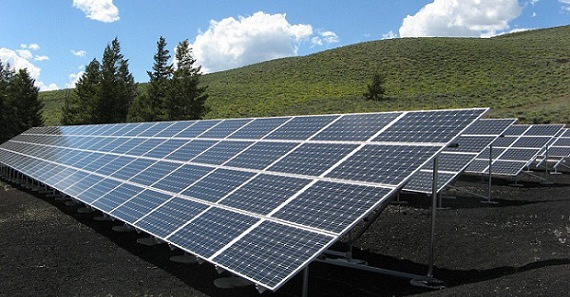
Access to affordable and clean energy is crucial for achieving sustainable development and addressing global challenges such as climate change and poverty. The United Nations' Sustainable Development Goal (SDG) 7, "Ensure access to affordable, reliable, sustainable, and modern energy for all," recognizes the importance of affordable and clean energy in driving progress and transforming societies. This article explores the significance of SDG 7, highlights the challenges hindering its achievement, and discusses the actions necessary to ensure affordable and clean energy for all.
The Importance of Affordable and Clean Energy
Affordable and clean energy is vital for various aspects of human life, societal progress, and environmental sustainability. Here are key reasons why SDG 7 is crucial:
1. Climate Change Mitigation: Transitioning to clean energy sources, such as renewable energy, is essential for mitigating climate change. By reducing greenhouse gas emissions from fossil fuel-based energy systems, we can combat global warming, limit temperature rise, and protect the planet for future generations.
2. Energy Poverty Alleviation: Access to affordable and reliable energy is a catalyst for poverty reduction. Clean energy solutions can improve living conditions, enhance healthcare services, facilitate access to education, and foster economic opportunities in underserved communities.
3. Health and Well-being: Clean energy sources reduce air pollution, which is a major health hazard worldwide. By replacing traditional cooking fuels and improving indoor air quality, clean energy solutions can prevent respiratory diseases and promote overall well-being.
4. Sustainable Industrialization: Affordable and clean energy drives sustainable industrial development. By adopting renewable energy technologies, industries can reduce their carbon footprint, increase energy efficiency, and contribute to sustainable economic growth.
Challenges to Achieving Affordable and Clean Energy
While progress has been made in expanding access to energy, significant challenges persist:
1. Energy Poverty: Over 770 million people still lack access to electricity, primarily in sub-Saharan Africa and rural areas of Asia. High costs, lack of infrastructure, and limited financial resources hinder efforts to provide affordable energy to all.
2. Fossil Fuel Dependence: Fossil fuel-based energy systems remain dominant, contributing to greenhouse gas emissions and climate change. Transitioning to clean energy sources requires overcoming financial, technological, and regulatory barriers.
3. Limited Infrastructure: Developing and improving energy infrastructure, including transmission and distribution networks, is essential for ensuring reliable and accessible energy services. Investments in grid expansion and off-grid solutions are crucial, particularly in remote areas.
4. Financing and Investment: Mobilizing adequate financial resources for clean energy projects is a challenge. Innovative financing mechanisms, public-private partnerships, and international cooperation are necessary to attract investments and promote sustainable energy solutions.
Actions Needed to Achieve SDG 7
To achieve SDG 7 and ensure affordable and clean energy for all, collective efforts and transformative actions are necessary:
1. Renewable Energy Transition: Governments and stakeholders must prioritize the development and deployment of renewable energy sources. Policies and incentives should promote renewable energy investments, encourage research and development, and facilitate technology transfer.
2. Energy Efficiency: Enhancing energy efficiency in all sectors, including buildings, transportation, and industry, is crucial. Implementing energy-efficient practices, promoting energy audits, and adopting energy-efficient technologies can reduce energy consumption and emissions.
3. Access to Modern Energy Services: Efforts should be directed towards expanding access to affordable, reliable, and modern energy services, particularly in underserved regions. This includes investment in decentralized renewable energy solutions and off-grid systems.
4. Capacity Building and Technology Transfer: Strengthening the capacity of developing countries in clean energy technologies, including training and knowledge-sharing, is vital. International cooperation should facilitate technology transfer and provide technical assistance to support sustainable energy initiatives.
5. Advocacy and Awareness: Raising awareness about the benefits of affordable and clean energy is essential for driving public support and encouraging behavioral change. Education campaigns and community engagement can foster a culture of sustainable energy use.
Conclusion
Affordable and clean energy is a cornerstone of sustainable development and a key enabler of multiple SDGs. By transitioning to renewable energy sources, expanding access to modern energy services, and improving energy efficiency, we can build a resilient and sustainable future for all. Achieving SDG 7 requires global collaboration, innovative solutions, and sustained commitment from governments, businesses, civil society, and individuals. Let us work together to harness the power of affordable and clean energy to drive progress, mitigate climate change, and uplift communities worldwide.

